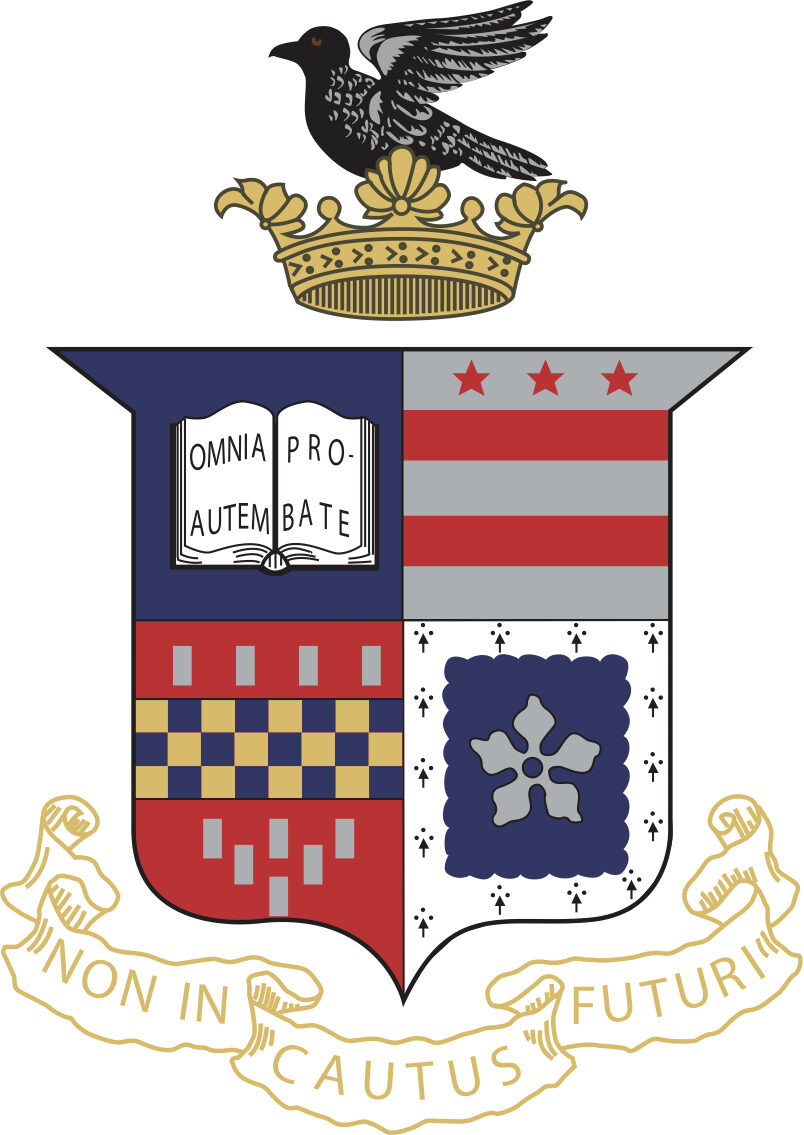Although special taxing districts have received significant consideration by legal scholars in the past, this Article helps draw a more focused attention to the blatant abuses and negative effects caused by the use of special taxing districts in the purely private real-estate development setting. This process undermines the basic notions of vested property rights without implicating constitutional considerations. The lender whose loan enables the developer to buy the land traditionally receives a first priority mortgage on the property. Except in rare cases, the lender would refuse to make that loan without a first priority lien, which ensures that the debt will be paid before others whose liens or other interests in the property arose after the first mortgage loan was made. However, the law gives the special taxing district lien, imbued with public power but used for purely private purposes, superpriority. Even though the developer’s nonpayment of the assessments occurs only after the bank first obtains its mortgage, the mortgage is nonetheless inferior to the lien. While this type of subordination has merit in the context of general property taxes imposed by a municipality for purposes of education, police protection, and other public services, it represents an extreme injustice in the context of purely private, profit-driven developments. Despite this, there is no requirement that the special district or the municipality that created it pay just compensation to the first secured party for the impairment to its rights in the property. And lastly, the use of special taxing districts for private real estate developments has a wider adverse effect on community lending as a whole. Because real estate lenders cannot rely, as they have traditionally in the past, upon a first lien mortgage, many will no longer make loans for projects in areas that are subject to special taxing districts, no matter what legitimate and larger societal good they serve. Further, because of the potential to be primed by the district’s super lien, financial institutions at the secondary mortgage market level—who play such a critical role in making a liquid residential mortgage market possible— will likely refuse to purchase mortgages that are secured by properties within special districts, something that has already occurred in recent, similar situations involving PACE financing. While this has the potential to kill off effectively the use of purely private real estate development special districts, it will have the unintended consequence of eliminating the use of these financing tools in scenarios where they are truly warranted, such as in projects that improve poor neighborhoods or economically depressed areas where no conventional lender will extend credit. By doing so, a whole sector of viable community development financing will be utterly abolished.
